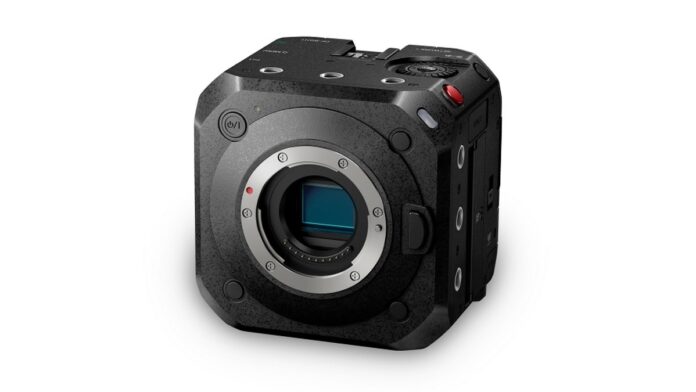Panasonic Lumix BGH1 digital single lens mirrorless camera has been launched in India. The company claims it is the first Micro Four Thirds camera to be approved by Netflix as a primary camera for filming Netflix Originals. It uses a Live MOS image sensor that has 10.2-megapixel resolution. The Lumix BGH1 from Panasonic is capable of recording at up to 4K at 59.96fps and taking 3,680×2,760 pixels still images. It comes with an LCD display and has a modular-yet-lightweight body.
Panasonic Lumix BGH1 price in India
Panasonic Lumix BGH1 is priced at Rs. 1,94,990 for the body only and is available across Panasonic brand shops and Panasonic 4K Imaging School.
Panasonic Lumix BGH1 specifications, features
Panasonic Lumix BGH1 features a 10.2-megapixel sensor and uses Live MOS with dual native ISO technology for image processing. It uses a Micro Four Thirds lens mount and has a wide dynamic range of 13 stops with V-Log latitude. It shoots in 4:3 aspect ratio and sRGB for still images that go up to 3,680×2,760 pixels resolution. Panasonic says that Lumix Tether software is needed for still image shooting.
When recording video, the Lumix BGH1 from Panasonic can support up to 4K (4,096×2,160 pixels) at 59.95fps with H.265/HEVC encoding. It offers both Auto focus (AF) and manual focus (MF) options and the AF mode includes auto detection (face, eye, body, animal) and tracking. The ISO ranges from 80 to 2,04,800 and is changeable in 1/3 EV steps. Panasonic claims a continuous recording time of approximately 270 minutes at 4K 60fps and approximately 300 minutes at full-HD 60fps.
Connectivity options on Panasonic Lumix BGH1 include SuperSpeed USB 3.1 Gen1 Type-C, DC in 12V, HDMI port, Wi-Fi, Bluetooth 4.2, LAN port, 3.5mm jack, and two SD card slots. The Lumix BGH1 measures 93.0×93.0x78.0mm and weighs 545 grams.
Does WhatsApp’s new privacy policy spell the end for your privacy? We discussed this on Orbital, our weekly technology podcast, which you can subscribe to via Apple Podcasts, Google Podcasts, or RSS, download the episode, or just hit the play button below.
Source link


